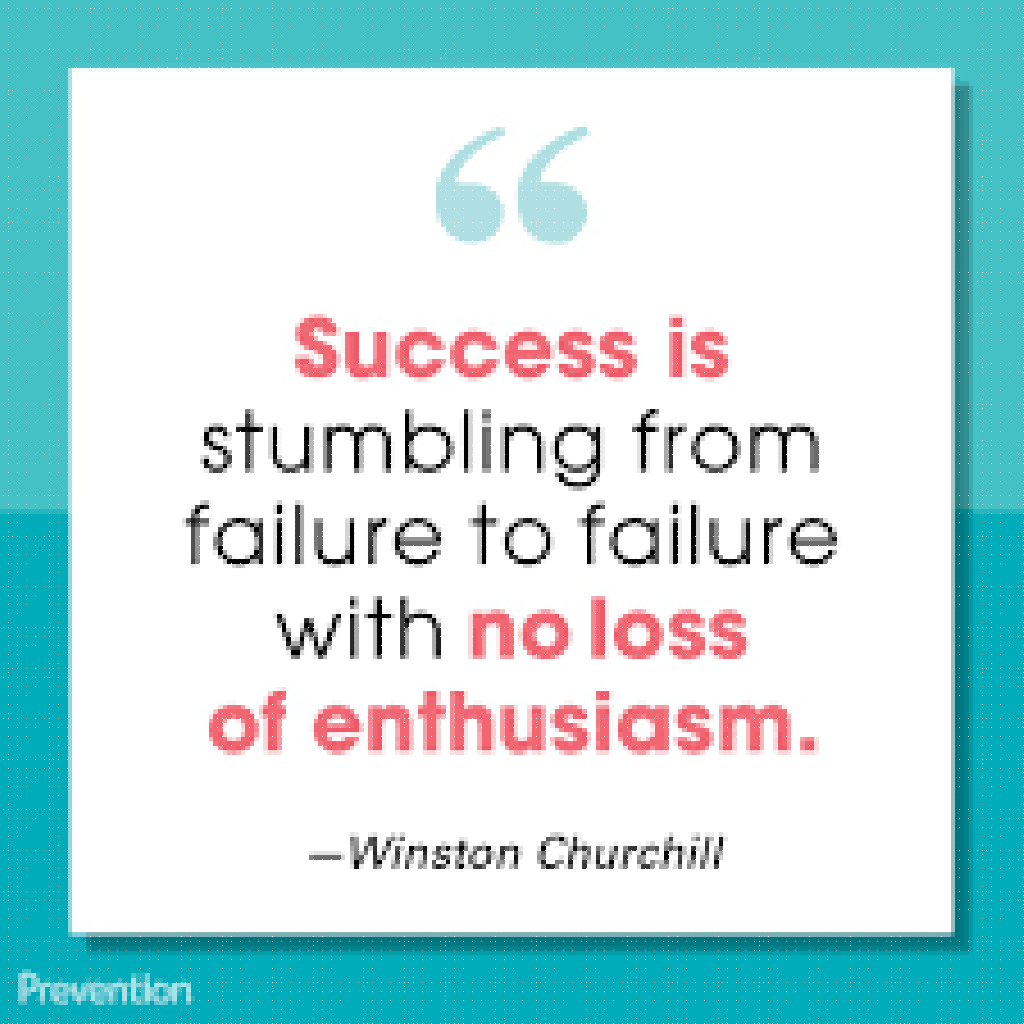Key Takeaways:
- A well-defined entrepreneurial vision and strategy is crucial for guiding successful business decisions.
- Understanding and managing risks effectively can enhance the sustainability of entrepreneurship.
In the world of entrepreneurship, success hinges not only on passion and hard work but also on a clear vision and effective strategy. A captivating entrepreneurial vision articulates what the entrepreneur aims to achieve, while a robust strategy outlines how to get there. In this article, we will delve into the critical elements of entrepreneurial vision and strategy, providing actionable insights that every entrepreneur should consider for fostering their business growth and sustainability.
Why is a Strong Vision Vital for Entrepreneurs?
A strong entrepreneurial vision serves as the cornerstone of any successful business. It is the guiding star that informs decision-making and fuels motivation, acting as a constant reminder of what the entrepreneur aspires to accomplish.
For instance, envisioning a world where sustainable products are the norm can inspire a green startup to innovate eco-friendly solutions. This clear declaration of intent encourages stakeholders, from employees to investors, to align with the entrepreneur’s goals, thereby creating a cohesive organizational culture.
How Do Entrepreneurs Develop Their Vision?
Developing a compelling vision involves introspection and market analysis. Entrepreneurs should start by asking themselves:
- What change do I want to create in the world?
- What unique strengths do I possess that can help me achieve this change?
- How do I see my business evolving over the next five to ten years?
By addressing these questions, entrepreneurs can clarify their vision, ensuring it resonates with their core values and mission. Moreover, a vision must be adaptable, as the entrepreneurial landscape is constantly evolving with new trends and technologies.
Crafting a Strategic Approach
Once an entrepreneur has established a firm vision, the next step is to develop a strategy that will guide business operations toward achieving that vision. A strategy encompasses several key components:
- Goal Setting: Clearly defined objectives break down the vision into manageable pieces. They should be SMART—Specific, Measurable, Achievable, Relevant, and Time-bound.
- Resource Allocation: Entrepreneurs must identify the resources—financial, human, and technological—that are required to achieve their goals and allocate them effectively.
- Market Understanding: A successful strategy is based on thorough market research to understand competitive dynamics and customer preferences.
Why is Risk Management Important for Entrepreneurs?
Flatly ignoring risks can lead to business failure. Understanding and managing risk is a critical component of entrepreneurship. Each entrepreneurial venture is fraught with uncertainties like financial risks, operational challenges, and market competition. Therefore, entrepreneurs must embody a risk-aware mindset.
What Strategies Help in Managing Risks?
Several strategies can be employed to manage risks effectively:
- Diversification: Like investors, entrepreneurs can spread their ventures across different markets or product lines to mitigate risks.
- Insurance: Obtaining relevant insurances can protect businesses from catastrophic losses.
- Contingency Planning: A well-prepared entrepreneur devises backup plans and strategies to navigate unpredictable circumstances such as economic downturns or natural disasters.
How Do Entrepreneurs Create Value for Their Customers?
Another essential aspect of entrepreneurial strategy lies in creating value for customers. A compelling customer value proposition articulates why a customer should choose one product or service over another. It requires an understanding of customer needs and behaviors.
What Steps Can Entrepreneurs Take to Enhance Customer Value?
Creating exceptional customer value involves:
- Identifying Customer Pain Points: Engaging with potential customers helps uncover challenges they wish to solve.
- Innovating Solutions: Developing unique solutions or enhancements to existing products can significantly elevate customer satisfaction.
- Feedback Loops: Continuous feedback from customers can facilitate improvements in offerings, securing long-term loyalty.
Aligning Vision and Strategy
It is critical to continuously assess whether your business strategy aligns with your overarching vision. Periodic evaluations ensure you remain on track. Entrepreneurs should ask themselves:
- Are my current strategies effective in moving towards my vision?
- What adjustments must I make to adapt to new market trends or changes in customer preferences?
Conclusion
Mastering entrepreneurial vision and strategy is not merely about big dreams; it requires deep introspection, strategic planning, and continuous evaluation. Entrepreneurs who can clearly envision their goals and adopt a structured approach toward achieving them can navigate the uncertain waters of entrepreneurship with more confidence. In doing so, they position their business not just for immediate success, but for long-term sustainability and growth.











